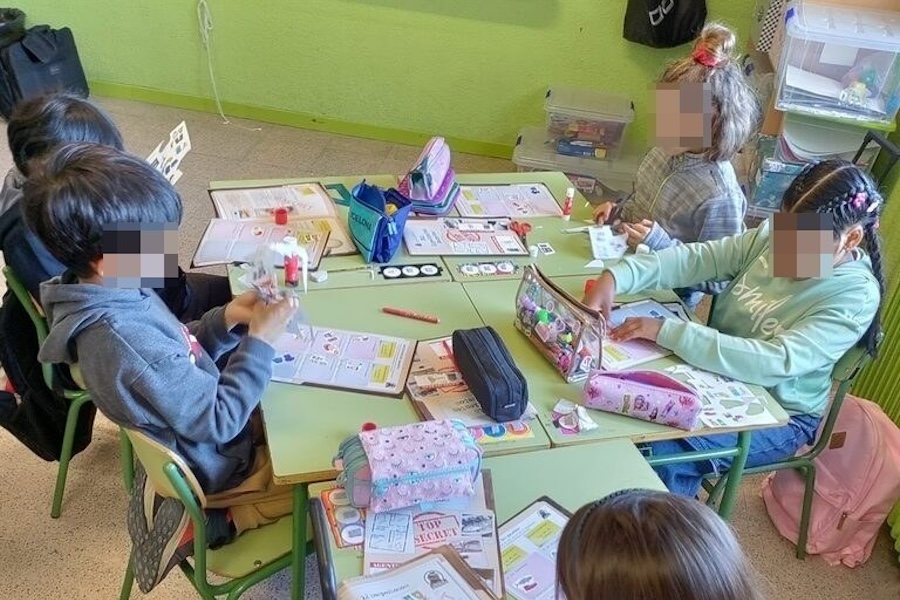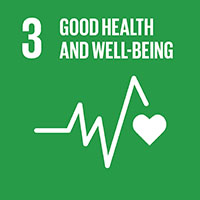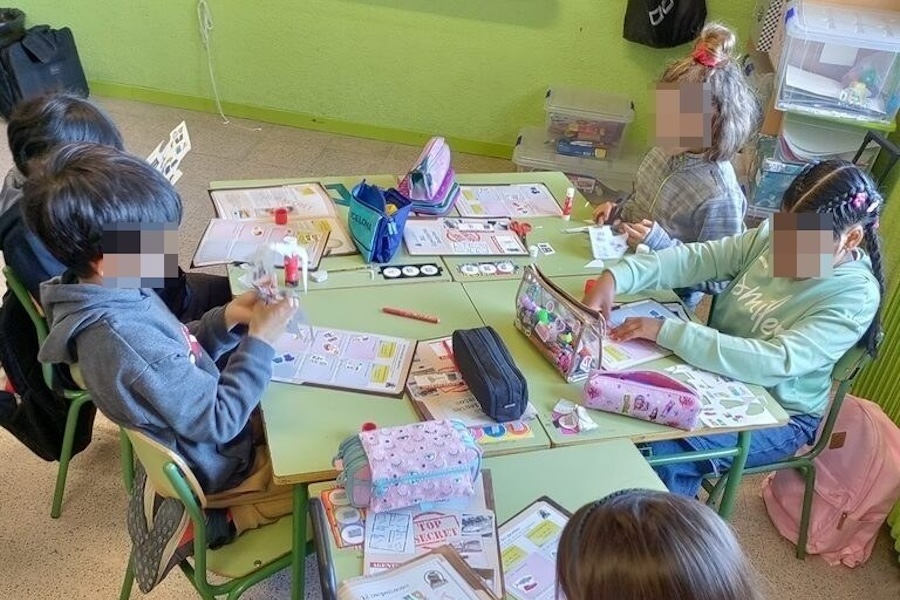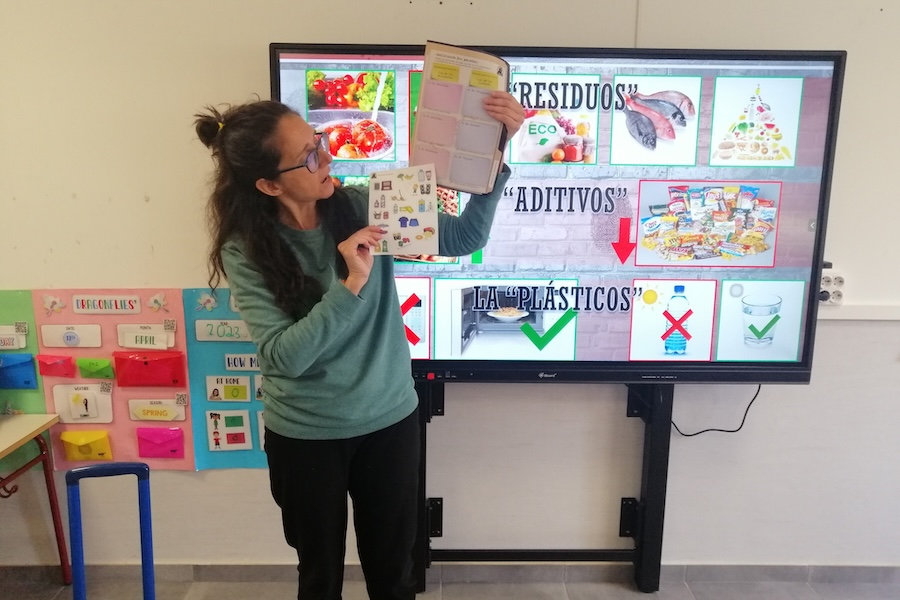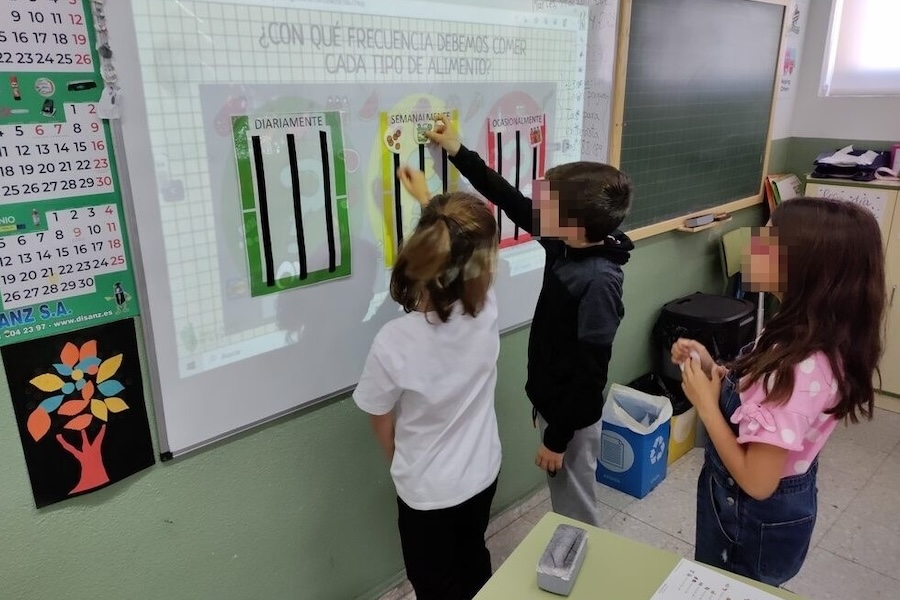The importance of taking care of children's preventive health is related to their physiological vulnerability: they breathe, eat, and drink more than adults; they interact more with the environment; their skin is more permeable; and their bodies are too immature to eliminate toxins.
This exposure can cause or aggravate respiratory and cognitive problems, allergies, hormonal changes, and even cancer.
What the project involves
Fundación Vivo Sano's project aims to promote learning healthy eating habits, environmental health, and active leisure time in contact with nature through an innovative educational programme of workshops and activities in primary schools. The programme will help reduce inequalities resulting from the vulnerability of many Madrid families, which hinder access to opportunities of this kind.
Expected Outcomes
- Integration of eco-health skills into daily routines
- Sustainability and environmental protection
- Health promotion in schools
- Trust and autonomy in education
The beneficiaries
The programme is aimed directly at pupils in the second cycle of primary education (8-10 years), teachers, families, and school staff, totalling 1,781 people. Indirect beneficiaries will include the 2,600 individuals who will receive information about the project, the 1,500 families of the pupils, and the schools in contact with those participating in the programme.
Project name: Nutrición y Salud ambiental, asignatura pendiente: programa de educación para la salud y el medio ambiente; destinado a mejorar los hábitos de los escolares en situación de vulnerabilidad de la de Madrid, España
Proposing organisation: Fundación Vivo Sano (FVS)
Area of intervention: Health & Welfare
Country: Spain

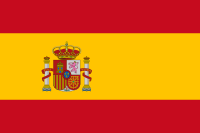 Progetto
Progetto
